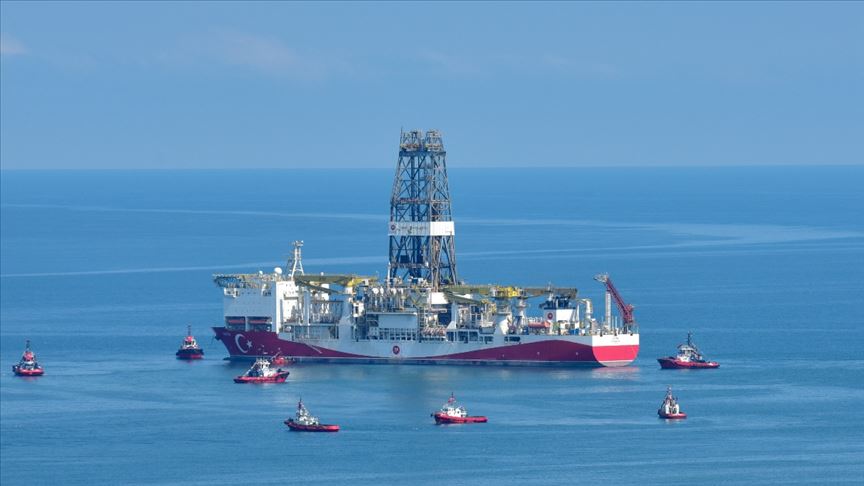Türkiye’s Minister of Energy and Natural Resources Fatih Donmez announced the intensification of work on the construction of the country’s first nuclear power plant “Akkuyu” in the southern province of Mersin.
In a conversation with a group of journalists, the minister noted that in recent years Türkiye has taken strategic steps to develop the energy and mining industry.
“There are positive developments in the issue of the Akkuyu NPP project. A corresponding agreement has been reached. President Recep Tayyip Erdogan and the ministers have made every effort to overcome the current situation and remove obstacles. In the near future, work will resume at an accelerated pace. For us, the schedule of Akkuyu NPP is of particular importance. The first power unit should be put into operation as early as 2023,” the Turkish minister said.
He recalled that the presidents of Türkiye and Russia personally intervened in the process to resolve the issue.
Laying of three pipelines in the Black Sea to be completed by the end of the year
The head of the Turkish Ministry of Energy also touched upon the development of the Sakarya gas field in the Turkish sector of the Black Sea.
He noted that the work under the project is progressing in accordance with the plans.
The minister said that in the near future he would visit the Filhos region, where he would personally get acquainted with the progress of the design work.
“The laying of the gas pipeline along the bottom of the Black Sea continues. Most of the work on laying the main pipeline has been completed. I think by the end of this month the issue will be closed. We plan to lay a total of three threads. The third conduit is for cables. I think that by the end of the year all three lines will be ready,” Donmez said.
Agreement on ruble payments for gas reached
Commenting on the topic of paying for Russian gas supplies in rubles, Donmez noted that an agreement on this issue had been reached.
“If the national currencies of the supplier and the consumer are not dollars or euros, then naturally there is an additional burden associated with the conversion. The transition to national currencies will help us avoid extra financial overhead when paying,” said the head of the Turkish Ministry of Energy.
According to him, the problem of financial costs due to the difference in the exchange rate is not new.
“For 3-4 years now, the President of Türkiye has been declaring the need to switch to settlements in national currencies with many countries. This strategy comes with additional benefits. For this, it is important to involve the Central Banks, which determine the exchange rate and facilitate the transfer of funds,” Donmez added.

